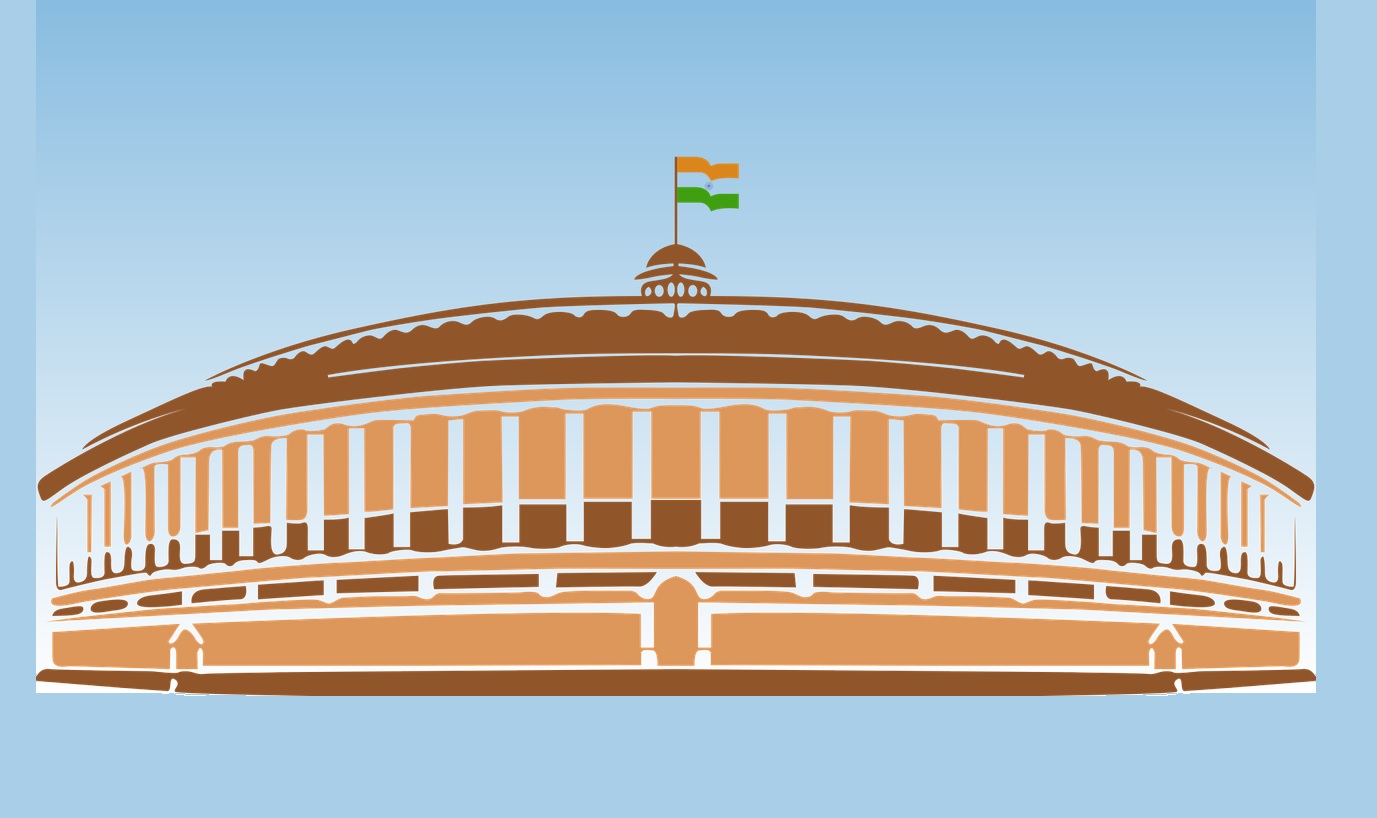Rajya Sabha deputy chairman calls for ensuring food, nutrition for all
This urgently warrants an introspection to develop a resilient and sustainable food supply chain, Harivansh said.He also highlighted 35 new crop varieties launched by Prime Minister Narendra Modi to address the twin challenges of climate change and malnutrition.

- Country:
- India
Rajya Sabha Deputy Chairman Harivansh on Friday said the Covid pandemic has allowed all to introspect on ensuring food and nutrition for all during these challenging times.
Addressing the seventh G20 Speaker's Summit (P-20) in Rome on 'Sustainability and Food Security after the Pandemic', he said the agricultural sector in India remained resilient even during the worst phases of COVID-19. Acknowledging the tireless efforts of millions of farmers and farmer-friendly policies of the government, he said owing to this India has recorded the highest-ever foodgrain production of 308 million tonnes.
Harivansh said even during the Covid times, India not only continued its national food and nutrition programs but also augmented them with additional measures to ensure affordable food for all.
To support the farm sector during the pandemic, India has initiated the world's largest direct benefit transfer mechanism to provide cash assistance to over 113.7 million farmers, he said.
''The rise in frequency and intensity of natural disasters like floods and droughts due to climate change is likely to increase water shortage, loss of agricultural land and livestock, among other challenges. This urgently warrants an introspection to develop a resilient and sustainable food supply chain,'' Harivansh said.
He also highlighted 35 new crop varieties launched by Prime Minister Narendra Modi to address the twin challenges of climate change and malnutrition. The crop varieties range from drought-tolerant chickpeas to early maturing varieties of soybean to disease-resistant millet and rice.
The Rajya Sabha deputy chairman further mentioned that 86 per cent of Indian farmers come under the category of small farmers, who follow a subsistence model of agriculture with a very low carbon footprint, thus an ideal example of sustainable consumption and production pattern.
India is committed to strengthening the food and agricultural sector by doubling farmers' income in the coming years and the sustainability of the sector as an important anti-poverty tool as a means of providing gainful and decent employment, he added.
(This story has not been edited by Devdiscourse staff and is auto-generated from a syndicated feed.)
- READ MORE ON:
- Rome
- G20 Speaker's
- P-20
- Indian
- India
- Food Security
- Harivansh
- Narendra
- Sabha
- Covid
ALSO READ
Indian Ambassador Ruchira Kamboj condemns humanitarian crisis resulting from Israel-Hamas conflict
Indian Ambassador Ruchira Kamboj condemns the humanitarian crisis resulting from Israel-Hamas conflict
Saudi Arabia echoes India's stance on Kashmir in joint statement with Pakistan
Indian stock indices open at fresh highs; inflation data, Q4 earnings now in focus
Indian Student's body discovered in US










